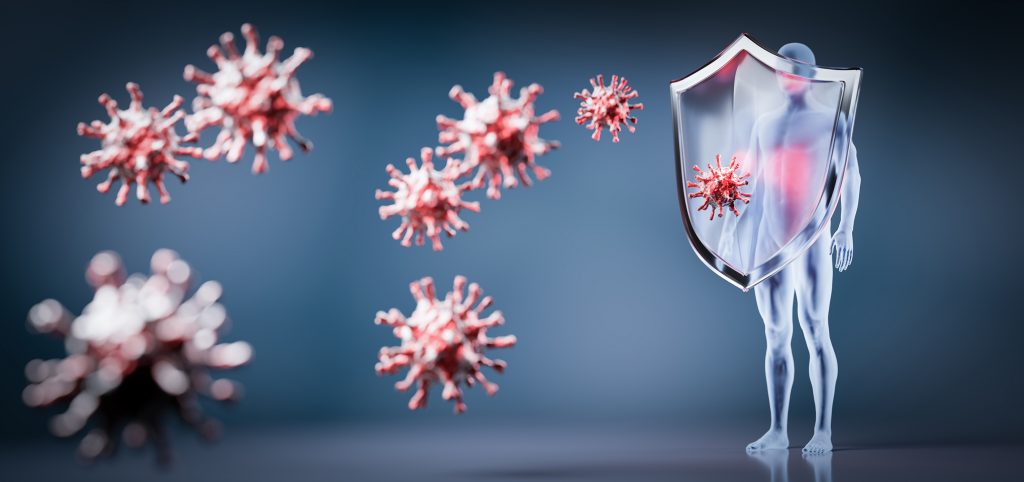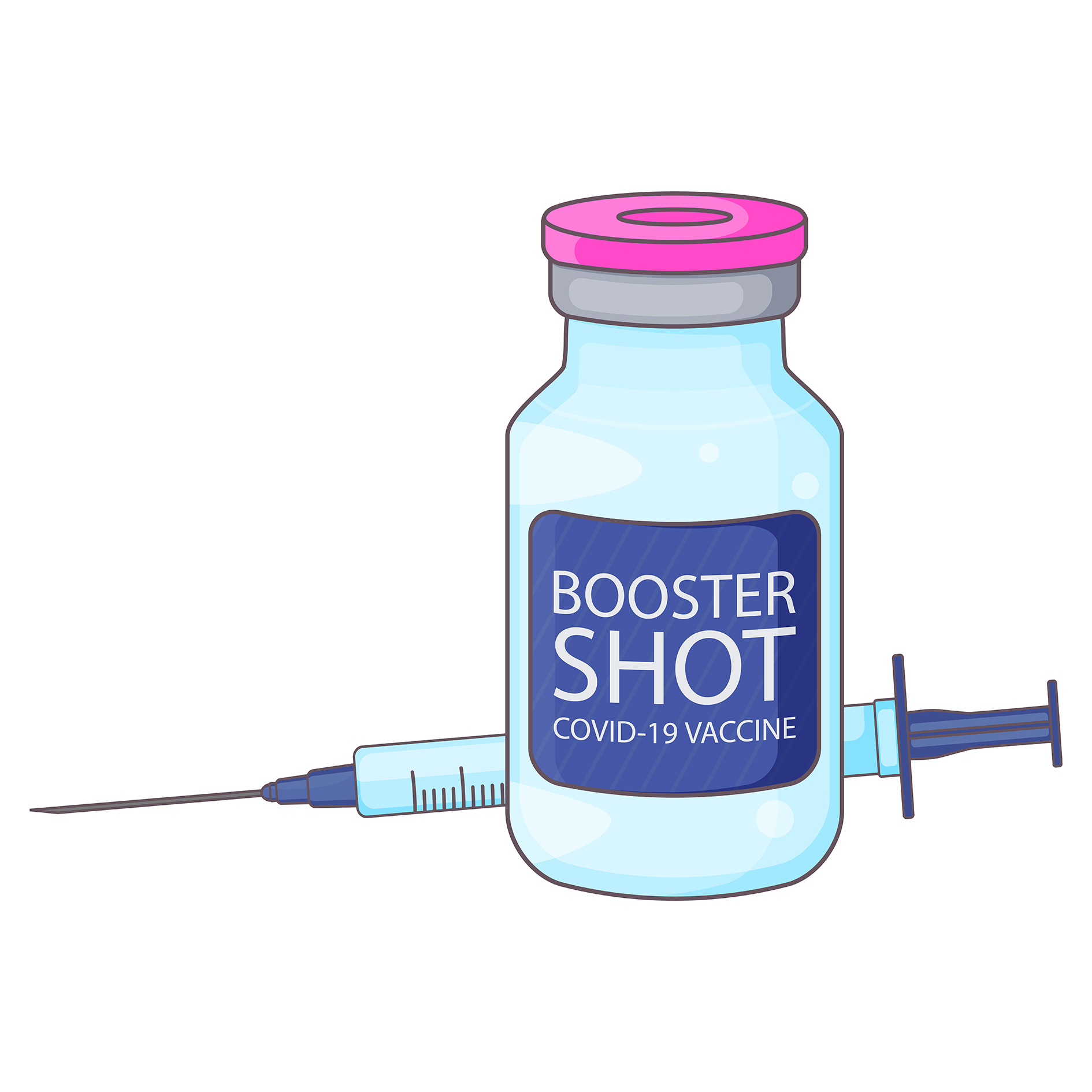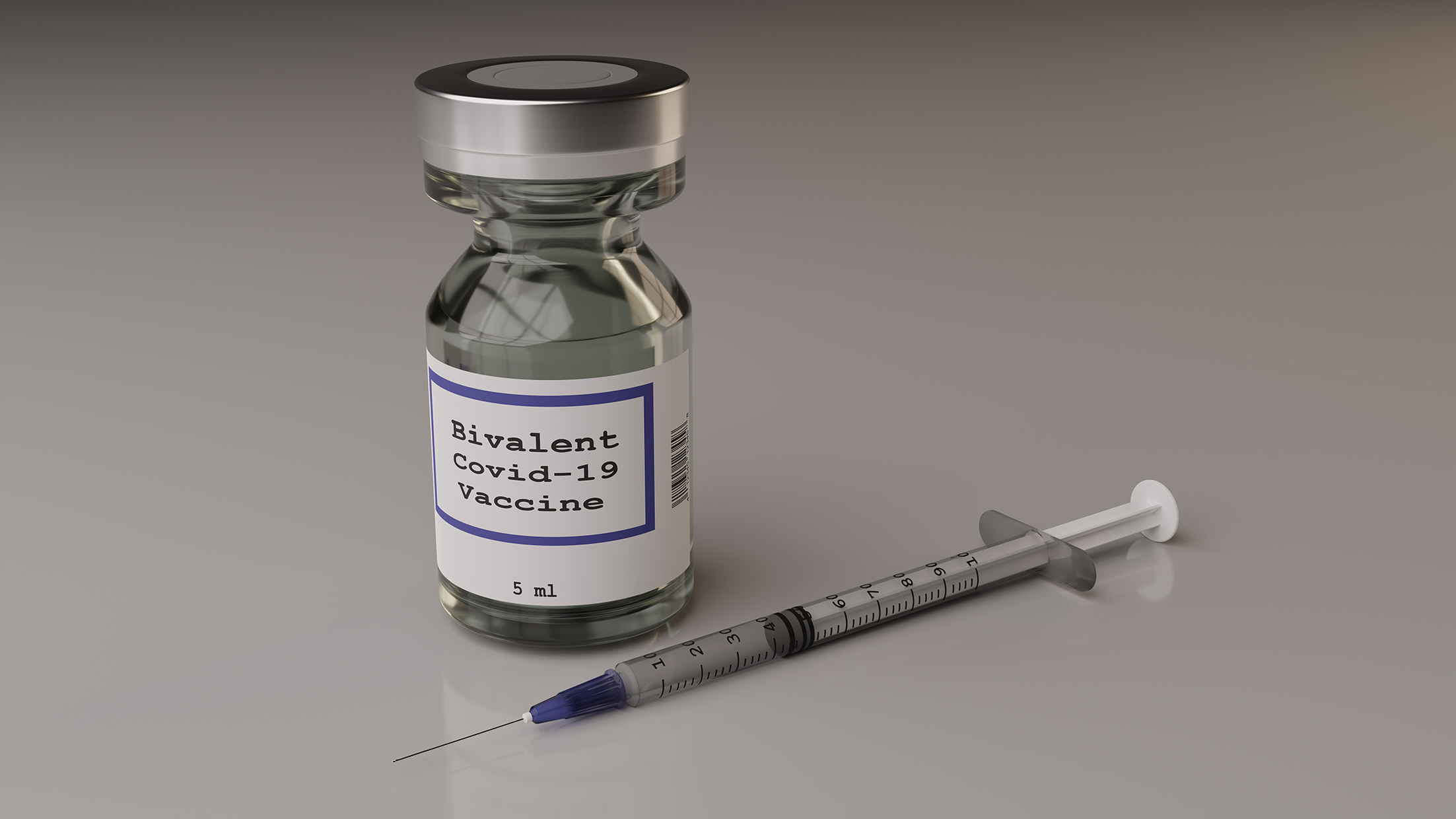COVID-19 post-infection immunity persists for at least 9 months

In most patients who have been infected with severe acute respiratory syndrome (SARS-CoV-2), the virus that causes COVID-19, antibody responses can be detected in their sera 10–15 days from the onset of symptoms.1 However, due to the novelty of this disease, it is still unknown how long this immunity lasts and how effective it is against reinfection. Research has shown that neutralising antibody titres generally decline over time after an initial peak; the scale of which is dependent on the severity of infection.1
In one cohort study (n=65), patients with a moderate infection response (50% inhibitory dose [ID50] levels of approximately 100–300) had neutralising antibody titres that approached baseline or were undetectable (ID50 <50) after about 50 days.1 This shows that in some individuals, the immune response towards SARS-CoV-2 can be transient. In individuals with higher peak ID50 neutralisation (≥ 10,000), neutralising antibody titres were maintained at around 1,000–3,500 more than 60 days post-onset of symptoms.1
More recently, Dorigatti et al. conducted a large-scale study involving community-wide serological testing in the Italian town, Vo’.2 Two mass swab testing campaigns were conducted in the town in February and March 2020. In May, 86% of the population (n=2,606) were tested for antibodies against the virus, majority of whom had taken part in the campaigns in February/March. Those with positive polymerase chain reaction (PCR) tests in February/March or had positive serology in May were re-tested in November. Key findings from the study are highlighted below2:
- 98.8% of the participants who tested positive in May (and by extension, those with positive PCR tests in February/March) and re-tested in November still tested positive against at least one antigen – showing that antibodies remain circulating in sera about 8–9 months post-symptom onset.
- 18.6% of this group showed an increase in antibody titre or neutralisation activity in November; notably, about half of these individuals
- Antibody titre quantification was carried out using three different serological assays from Roche, Abbott and DiaSorin.
- Between May and November, titres quantified by Roche showed a non-significant decrease (p=0.09), whereas those quantified by Abbott and DiaSorin showed a significant decrease (p<0.0001 and p=0.03 respectively).
- Excluding participants who had double an antibody titre in November respective to May, median half-life of antibodies detected by Abbott, DiaSorin and Roche were 86, 202 and 144 days, respectively.
The United States Centers for Disease Control and Prevention (CDC) currently recommends vaccinations to include individuals who have recovered from COVID-19.3 Those who were treated with monoclonal antibodies or convalescent plasma are advised to wait 90 days before getting vaccinated, and those with history of multisystem inflammatory syndrome (MIS) are advised to delay vaccination until fully recovered, and 90 days have passed since the diagnosis of MIS.3 The data presented by Dorigatti et al. could advise better timing of vaccine booster shots, thus prolonging immunity to SARS-CoV-2 in COVID-19 survivors, and vaccinated individuals.
References
- Seow J, et al. Nat Microb 2020;5:1598-1607
- Dorigatti I, et al. Nat Commun 2021;12:4383
- Centers for Disease Control and Prevention. Frequently Asked Questions about COVID-19 Vaccination. Available at: https://www.cdc.gov/coronavirus/2019-ncov/vaccines/faq.html. Accessed 9 August 2021.










